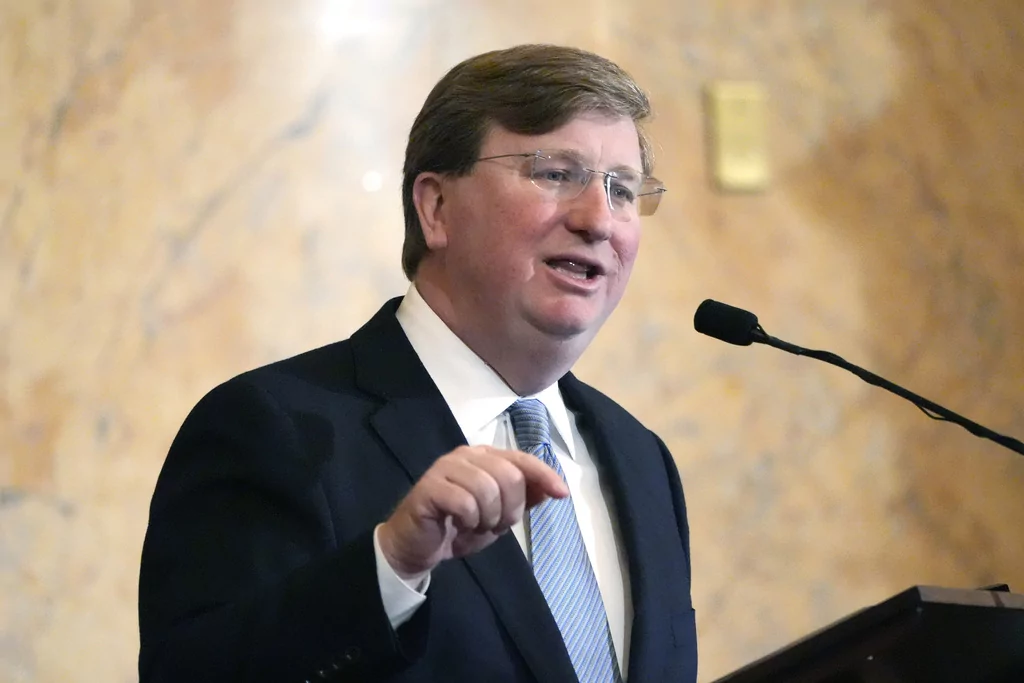California’s $20 minimum wage prompts 89% of fast-food restaurants to cut hours – Washington Examiner
The article discusses the impact of California’s recent raise of the minimum wage for fast-food workers to $20 an hour, which took effect on April 1. This wage increase represents a $4 boost for approximately 553,000 workers. However, many restaurant owners have expressed concerns that the hike could negatively affect their profitability. In response, they have resorted to measures such as reducing employees’ hours, fast-food restaurants may experience price increases due to higher wages for workers”>increasing menu prices, and even closing some establishments. A notable example is Rubio’s Coastal Grill, which announced the closure of 48 restaurants and filed for bankruptcy, citing the wage increase as a key factor in their financial difficulties. A report from the Employment Policies Institute highlighted that 67% of fast-food restaurants have had to adjust their business practices due to the new wage law.
California’s $20 minimum wage leads 89% of fast-food restaurants to reduce hours
The minimum wage for fast-food workers in California jumped to $20 an hour on April 1, a $4 pay bump for 553,000 fast workers.
However, restaurant chain owners raised concerns that the minimum wage increases would hurt their bottom line, and owners have cut workers’ hours, raised food prices, and even shut down some locations.
In June, Rubio’s Coastal Grill announced it was closing 48 restaurants and filed for bankruptcy, citing the minimum wage increase as one of the reasons for its financial troubles.
Now, more than a month after the Mexican restaurants’ announcement, the Employment Policies Institute published a report revealing that 67% of fast-food restaurants said the minimum wage increase will cost $100,000 per location every year. One in four owners said it would cost more than $200,000 per year.
The survey was filled out by 200 business owners across the Golden State.
Since April, 89% of restaurant owners said they’ve reduced hours, 73% have limited employee pickup or overtime opportunities, and 70% said they have reduced or consolidated staff positions.
“Even before the $20 wage went into effect, fast-food restaurants made it clear they would not be able to survive,” Rebekah Paxton, EPI research director, said. “Now after just a few months, the policy has been a disaster, killing jobs and shuttering restaurants. Gov. Newsom and state lawmakers should be listening to small business owners and their employees instead of trying to sugarcoat the truth.”
While restaurant owners have had difficult decisions to make, fast-food jobs in Southern California have hit a record high.
" Conservative News Daily does not always share or support the views and opinions expressed here; they are just those of the writer."





Now loading...